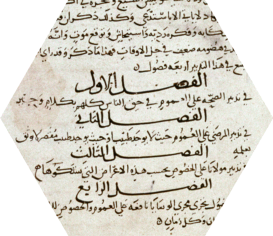Hippocrates’ first aphorism, which includes the statement “Experience is dangerous,” was much repeated, frequently translated, and variously explained in Greek, Syriac, Arabic, Hebrew, Latin, and more. The statement is as compelling as it is enigmatic. What is experience and why is it dangerous? Is it dangerous to experiment on others or on oneself, or is there danger in accruing experiences? Approaches to these questions differ across linguistic, cultural, and intellectual traditions. Here we look at one important text used for centuries to explain the aphorism, Maimonides’ Commentary on Hippocrates’ Aphorisms. This work was written in Arabic, translated three times into Hebrew in the Middle Ages, and widely employed by Jewish physicians throughout Europe for hundreds of years. Maimonides tells us that experience is not always explicable using Aristotelian physics. This means it can be misapplied, rendering treatments dangerous that would have been beneficial in other circumstances. At the same time, according to Maimonides, most medicines and therapies are discovered through experience or experiment even though they cannot actually be explained with Aristotelian physics. Experience is thus itself an enigma: it is the basis for much, perhaps most of medical practice, but is not always explainable and so is potentially dangerous.

Moses Maimonides
